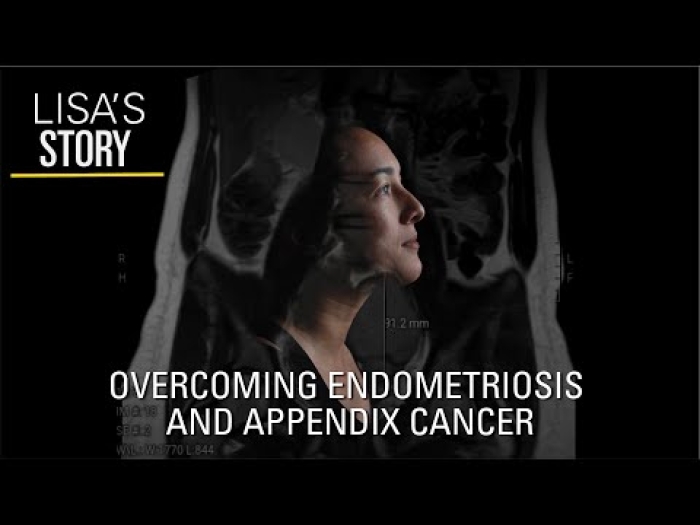
One of the many exciting things about working at an academic medical center is the constant exposure to the research discoveries and technologies that ultimately become translatable to patient care applications. The great advances in technology and science have fueled so much progress that we now have broad opportunities — in areas like precision health, 3D printing, and artificial intelligence — that demand constant attention and continuing medical education.
A promising new type of immunotherapy has now emerged: the development of chimeric antigen receptor T cells (CAR-T) to treat the most common form of acute leukemia in children and young adults, and a common form of lymphoma in adults. CAR-T therapy relies on genetically modifying our immune surveillance cells (called T cells) to target proteins on the surface of a patient's own cancer. Once infused, the CAR-T cells begin an immediate search-and-destroy mission, targeting those cancer cells.
In practice, CAR-T therapy requires isolating T cells from an aliquot of a patient's blood, growing the T cells outside the patient's body, inserting a specific anti-cancer (CAR) gene into the T cells, and then administering the cells to the patient by intravenous infusion. The process to "manufacture" the CAR-T cells routinely takes three to four weeks. What's amazing is that we are using a patient's own T cells to create this anti-tumor product.
Until recently, CAR-T therapy was limited to multicenter clinical trials, to treat patients with relapsed or refractory hematologic malignancies. In 2017, the FDA approved two CAR-T therapy approaches, one to treat acute lymphoblastic leukemia (ALL) in children and another to treat adults with diffuse large cell lymphoma. The fact that its application was FDA-approved in children before adults, an anomaly in cancer therapeutics, makes this treatment even more exciting.
At Michigan Medicine, our pediatric and adult hematology/oncology teams — led by Greg Yanik, Challice Bonifant, and Rajen Mody in pediatrics; and Pavan Reddy, John Magenau, and Monalisa Ghosh for adult patients — have been at the forefront of administering this new treatment to patients. Michigan Medicine has now treated 12 patients with CAR-T therapy for ALL, and we remain the only medical center in the state approved to use CAR-T cells for the treatment of refractory ALL.
With the convergence of technology, engineering, and health care, CAR-T is one of many examples of emerging therapies that give new hope for treating very difficult or otherwise fatal diseases. Likewise, promising and growing data suggest that CAR-T cells could treat adult patients who have a wide variety of blood cancers, including multiple myeloma and several types of lymphomas. At U-M — thanks to our research and academic endeavors, as well as resources across campus — we are uniquely positioned to use and learn from such innovative therapies, and we anticipate helping many more children and young adults in the years ahead.
David A. Spahlinger, M.D.
Executive Vice Dean for Clinical Affairs
President, U-M Health System
Clinical Professor of Internal Medicine





